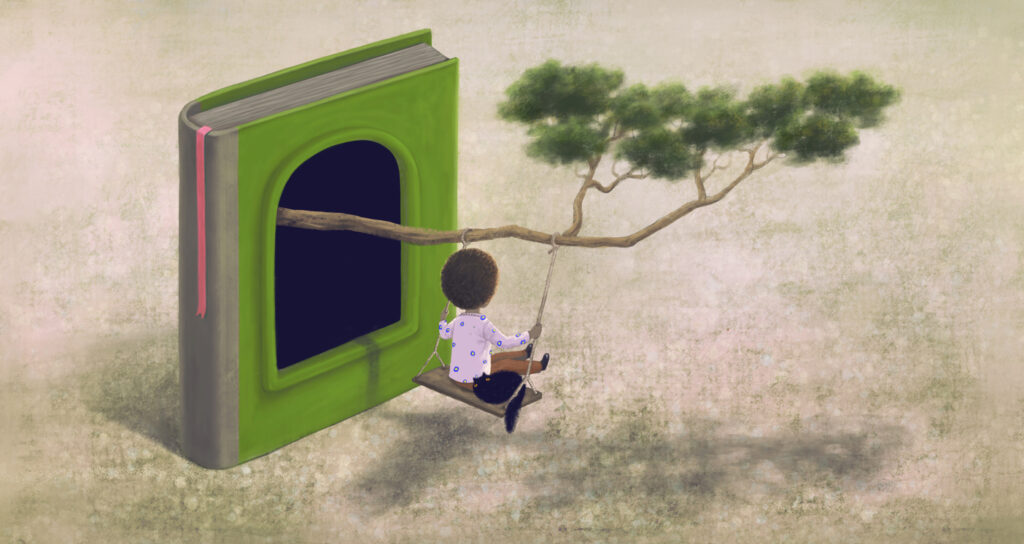Climate change is increasingly recognised by business leaders as a global emergency, and many of the world’s biggest companies now have programmes in place to act on climate and other environmental, social and governance (ESG) issues.
A new order of leadership for action on climate and other social and global challenges is required.
A new leadership role
Navigating the business imperatives linked to sustainability and ESG is transforming the leadership role senior executives need to play, and the skills and mindsets required to play it. This has important consequences for people leaders.
92% of business leaders believe integration of sustainability issues is critical to business success, but only 4% of C-suite role specifications demand sustainability experience or mindsets.
Our research was based on in-depth conversations with CEOs and senior leaders at more than 30 organisations recognised as leading on sustainability and ESG. Our findings uncovered that the leadership role, compared with a generation ago, has changed in three significant ways:
- A new leadership mindset: Today’s business leaders need to see addressing social challenges as at the heart of their job description. They are leaders in society as much as leaders of their businesses. Rather than seeing a trade-off between doing good and making money, business leaders need to aim to achieve each through the other.
- A new paradigm leading change inside the organisation: CEOs see their new role as influencing change in their organisations to open up the space for others to behave differently.
- A new paradigm for leading change in the wider ecosystem around the organisation: CEOs now see it as their role to lead transformation across their organisation’s wider industry sector, proactively leading change in consumer and supplier behaviour, industry norms and government policy.
Leading cultural change
This has brought to the fore the importance of the leadership activities, behaviours and skills involved in leading cultural change in organisations, including:
- How you collaboratively construct a narrative about the purpose of the work everyone is involved in.
- How you link that to the goals that are set, the metrics that are tracked, what you hold people accountable for and what you recognise and reward them for.
- Having the courage to raise difficult issues in the face of vested interests.
- Using language and symbols effectively – what are you seen to ask questions about, what are you seen to prioritise spending your own time doing? What and who do you champion in the stories you tell? All this influences what others feel safe to prioritise doing themselves, and so creates the space for behaving differently.
- How to enable leadership to emerge through convening dialogue and framing good questions.
- How to encourage innovation through framing challenges that inspire it.
- How to engage well with investors where some are coming from a new perspective, demanding more ambition on ESG, while others are operating from a prior model and prioritising short term ROI?
- How to defend prioritising creating value for multiple stakeholders to management above you operating from a more traditional mindset?
First-hand experiences are at the heart of what it takes for business leaders to build the emotional connection and commitment to put this agenda front and centre in their work.
New skill requirements
The new emphasis on leading change across the wider ecosystem around the organisation has additionally required leaders to develop skills in areas that historically have not been a conventional part of the business leader’s repertoire including:
- Contributing to public debate with an informed point of view.
- Relating well with multiple constituencies.
- Engaging in dialogue to understand and empathise with groups and communities with perspectives contrary to one’s own.
- Engaging in multi-stakeholder collaboration with unconventional partners, such as competitors, NGOs, and trade unions.
- Engaging well with policymakers to advocate for more ambitious regulatory interventions from governments to help accelerate sustainability transitions across industry sectors.
The role of HR leaders
A recent study conducted by Russell Reynolds Associates in partnership with the UN Global Compact found that 92% of business leaders believe integration of sustainability issues is critical to business success, but only 4% of C-suite role specifications demand sustainability experience or mindsets.
There is a crucial role for HR leaders to think about how best to develop this new leadership mindset and skill set across the C-suite, senior executives and future leaders, but how?
HR, Learning and Development, and Organisational Development teams need to value these kinds of life experiences when making decisions.
To help answer this question, we explored two things through our research: First, how senior leaders themselves accounted for what experiences had helped shape their mindsets and develop their own skills; and second, what can we learn from innovations in leadership development different organisations have been pursuing to develop these kinds of leadership skills and mindsets?
While each individual’s story was unique, a few key themes emerged when analysing senior executives’ accounts of what experiences had helped shape their mindsets and develop their own skills.
For some, it was formative experiences around upbringing, university and business school study. For others it was influential mentors and participation in professional networks focused on ESG issues, or first-hand experiences like engaging with people living in poverty, personal experience of ESG challenges like the impacts of climate change, or personal first-hand experiences of the changing interests of key partners and stakeholders.
This has a key implication for thinking about how to design impactful leadership development pathways and programmes; the importance of first-hand experiences.
Empowering experiential learning
Building literacy on sustainability and ESG issues is of course an important starting point and part of the mix, but our research suggests first-hand experiences are at the heart of what it takes for business leaders to build the emotional connection and commitment to put this agenda front and centre in their work.
This has implications for the design of leadership development learning programmes, as well as the wider management of talent management programmes and succession planning.
Leadership development activities need to be structured to create opportunities for current and future senior leaders to have precisely these kinds of personal, first-hand experiences, employing powerful experiential learning that gives senior executives the chance to develop relationships with people experiencing some of the world’s most pressing challenges, and also with people and organisations working to help address these challenges, including key organisational stakeholders.
Additionally, HR, Learning and Development, and Organisational Development teams need to value these kinds of life experiences when making decisions about recruitment, career development and succession planning, and make sure they are embedded in the HR processes and L&D that underpin these.
If you enjoyed this, read: How can HR support the rise of the Chief Sustainability Officer?
[cm_form form_id=’cm_65a14c3f5da64′]






